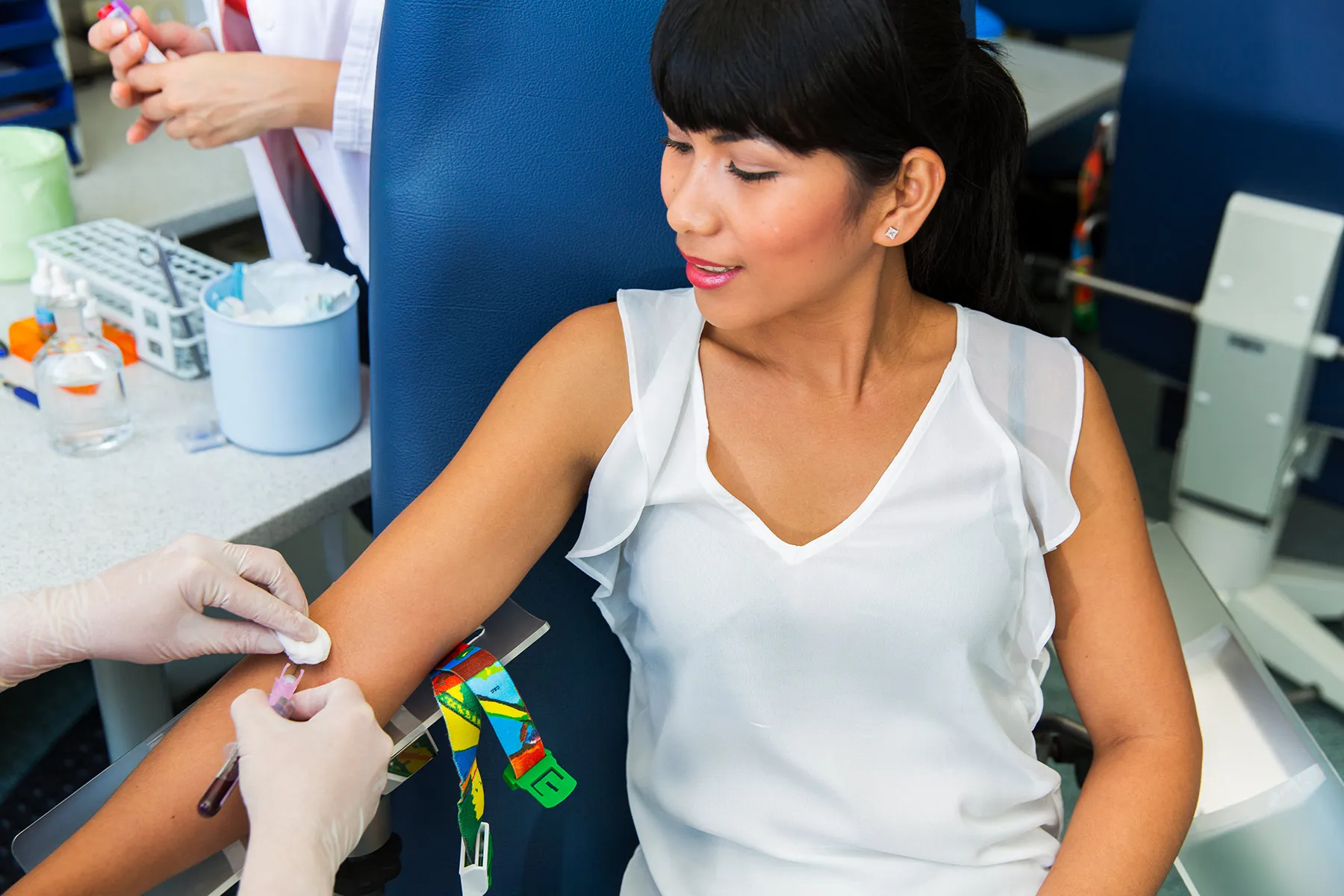
Not-So-Simple Fasting Questions
Let’s bust a myth right from the jump—because, if you’re like me, you’ve probably heard this too many times: “Just pop a Tums… chew gum… have a little sip of juice, it won’t matter!” Uh, not so fast. When you’re gearing up for fasting labs, the margins for error are a lot skinnier than you think. I’ll be honest—I learned most of this the hard way. That classic “oops, is this okay?” moment right before the blood draw… Not fun.
But hey, if your doctor handed over those little blood test instructions and you’re suddenly second-guessing everything you put in your mouth, you are SO not alone. Seriously, have you ever noticed how nobody tells you the real stuff? Like what if you wake up starving at 2 am, or (the worst) get heartburn halfway through your fast?
Today we’re taking a friendly stroll through the real-life version of “fasting labs instructions can you take an antacid while fasting”—with plenty of pauses, laughs, and do-this-not-that moments. Because, friend, lab day is stressful enough. Let’s keep it simple so you can feel chill, show up ready, and leave with numbers you can trust.
Why Fasting, Anyway?
Ever feel like all this fasting stuff is just one more thing on a long list of weird health hoops? Yeah… But there’s a reason for it! When your doc asks you to fast (usually for 8-12 hours), what they’re really trying to do is get a read on your baseline health, without breakfast, lunch, or last night’s snack sneaking into your results. Think of it like getting a peek at your body’s true, unfiltered group chat—not just what you ate for dinner.
Different tests need different prep, but for the biggies—cholesterol, glucose, or iron—food, most drinks (seriously, even OJ), and sometimes even antacids can throw those numbers off. According to research on fasting for blood work at WebMD, eating or drinking anything other than water in the hours leading up can mean your doc sees what you ate, not what’s really happening in your body.
How Long Is “Fasting” Really?
Most of us are told 8 to 12 hours. So… why do tests get booked first thing in the morning? Because they’re hoping you’ll just sleep through most of that fasting window. (If you’re a night owl—sorry. Snack early.) But hey, take the win: no awkward midnight snacking.
Heads-up: Some tests (think lipids, glucose, or screening for diabetes) absolutely need it, while others (certain kidney, thyroid, or iron storage checks) are less strict. Still, your lab instructions trump anything you read on the internet. If you’re waiting for more details, hang in—you’ll want to see the table a bit further down!
Antacids and That Pesky Heartburn
I wish I could say I’ve never woken up halfway through a fast with heartburn so gnarly I’d trade my pillow for a single Tums. But trust me—if you ask ‘fasting labs instructions can you take an antacid while fasting?’ the answer is… complicated. And it changes depending on what, exactly, your doc is checking.
Here’s where it gets personal: Last winter, I had to get a cholesterol panel and glucose test—both require fasting. Wouldn’t you know it, heartburn strikes at 3AM! I’ve got a bottle of chewables sitting right by my bed, calling my name. But I paused. Not because I’m a health saint (ha!)… I just didn’t want to do the test twice.
Is An Antacid Going to Mess With Your Results?
Short version? It might. Antacids—yes, even “just one Tums”—can tweak your blood’s mineral balance, pH level, and even enzymes that some labs measure. Some tests (like for digestive health or certain breath tests for H. pylori) require you to avoid ANY antacids in the fasting period, sometimes even up to a whole week in advance! According to guidance on preparing for your testing from 4Cyte Pathology, you should stop antacids and H2 antagonists during the fasting period. For some breath or digestive tests, it’s even stricter—so always double-check your specific instructions.
When You Really Need Relief
If you’re sitting there, clenching your jaw, thinking “Well, what do people do if heartburn just won’t let up?”—you’re not alone. Little hacks like sitting up, drinking a bit of (plain) water, or distracting yourself with a podcast can help. But if you have chronic reflux or GERD, your doc might make an exception or swap your lab to a day when you can safely use antacids.
And speaking of plain water—if you haven’t peeked at Can I drink water before a fasting blood test by now, do it! Spoiler: water is almost always safe, and it keeps you hydrated (so those veins pop nice and easy for your phlebotomist, too).
Split Second Decisions—What About Other Meds?
Okay, fast-forward: it’s the morning of your test, and you’re standing in the bathroom with your daily pill container. Your doc told you to fast… but what about your blood pressure pill? Allergy meds? That probiotic gummy? This is where things can get confusing, fast.
Here’s the good news: Most standard long-term meds are fine to keep taking—even while fasting—unless your doctor tells you otherwise. As the Cleveland Clinic points out, daily prescriptions like blood pressure and blood thinners usually don’t mess with fasting bloodwork, but over-the-counter medication (like Tums or certain painkillers) sometimes can. If in doubt, double-check with your provider, especially for tests measuring minerals or digestive stuffaccording to advice on fasting before blood test.
Let’s Talk Real Scenarios
Quick story: My friend Sam (not his real name but hey, he’d love the attention) takes a proton pump inhibitor for reflux every morning. Come test day, he skipped it—afraid it’d “ruin his results.” He nearly backed out of the test because of anxiety. Turns out, his doc was more worried he’d forget to take it after labs and have a miserable day! Moral? If the med controls a chronic problem, sometimes it’s safer to take it—just let your doctor know what you did either way.
Craving more nitty-gritty? For even more on which pills are cool to swallow with a little water, check out Can you take medicine with water before a fasting blood test. There’s something so reassuring about having a go-to answer… instead of staring at your pills like they’re little landmines.
What Actually Breaks Your Fast?
You’d be amazed at how many gray areas come up with “fasting labs instructions can you take an antacid while fasting.” Maybe you’re tempted to chew gum… sneak a breath mint… or lick a spoon after making pancakes for your kids. But even tiny things count. The general rule: Eat nothing for 8–12 hours, drink only water, skip coffee/tea/juices, avoid chewing gum, and hold off on extras like antacids—unless you hear otherwise from your lab or provider.
| Allowed | What to Skip | Why? |
|---|---|---|
| Plain water | Food, coffee, tea, juice, milk | Any calories can affect your results |
| Usual prescriptions (ask your doctor) | Over-the-counter meds (like antacids), vitamins, supplements | OTC stuff can subtly mess with minerals, enzymes, sugars |
| Deep breaths, podcasts | Chewing gum, mints, candy | Gum triggers digestive enzymes… even with no calories |
| Always check the specific instructions for your test! | ||
Finished Your Test? Now What?
First: Give yourself a high-five. You did the hard part! But—just saying—the aftermath deserves some love, too. If you skipped meds or antacids and still have reflux brewing, now’s your time. Grab a light breakfast, rehydrate, and if your doctor said it’s okay, pop that Tums or PPI.
Don’t dive straight for a triple espresso and loaded breakfast burrito, though—you’ve been running on empty, and your stomach needs a gentle wake-up. Try something like yogurt or fruit, give your meds a minute to kick in, and ease back into your day.
Learn from Past “Oops” Moments
Real talk: A relative of mine (let’s call her Aunt Jo!) once chewed a Tums at 5am during her fasting window “because it wasn’t real food.” Guess who got flagged for a weird calcium level… and had to do the test all over again? Yeah. She still brings it up at family dinners.
I get it. Hunger makes us all a little irrational. But that “just one chew” can mean more pokes, more stress, and a redo nobody wants. Now, Jo’s rule is if in doubt, ask. No shame—just clear results!
Common Lab Types and How They’re Affected
If you love a good chart (I sure do), here’s one to bookmark for all those “fasting labs instructions can you take an antacid while fasting” moments:
| Lab Test | Fasting Needed? | Antacid Safe? | Extra Tips |
|---|---|---|---|
| Blood glucose (diabetes) | Yes (8h) | No (unless cleared by doc) | Drink water! Early morning test is easy |
| Cholesterol/lipids | Yes (9–12h) | No | Absolute nothing except water for most accurate LDL/triglycerides |
| Liver/kidney function | Usually not | Ask your doc | Some enzymes can be influenced by OTC meds |
| H. pylori breath test | Yes (and stop some meds days ahead!) | Strictly no, sometimes for a week or more! | Follow all pre-instructions, even diet changes |
Quick tip for the browser-bookmarkers: If you’ve got questions about hydration, Can I drink water before a fasting blood test is worth a look. And if meds are your main concern, go skim Can you take medicine with water before a fasting blood test for those “just want to be sure” days.
Wrapping Up: Your Real-World Game Plan
Listen… prepping for a fasting blood test is no one’s idea of fun. You’re hungry, you’re maybe a bit grumpy (me too), and if acid reflux sneaks up, it feels like the universe is playing a bad joke.
But with a little know-how, you can dodge the most annoying “redo” mistakes. Here’s the big stuff: Stick to water only, set a reminder about which meds to skip, and when in doubt, just ask your doc or the lab. Antacids, while harmless most other days, can absolutely interfere with certain fasting labs. That “just one” could make your results less accurate—or mean a second trip to the phlebotomist.
My challenge to you? Next time you’re handed an instruction sheet, scribble your biggest “what about this?” questions right on it (doesn’t matter if your handwriting is a mess!). Then, call your provider or check trusted resources. It’s a small step, but it means you show up confident… and don’t have to do it all over again. Be kind to yourself—tests are stressful, but you’re learning with every appointment.
Now, what about you—any legendary fasting lab survival stories, or go-to tricks that make those hours easier? Or maybe you just want to vent about how unfair it is to skip breakfast and Tums at the same time? Either way, you’re one test wiser after today. Go get those numbers, and treat yourself to a killer breakfast afterward. You earned it.

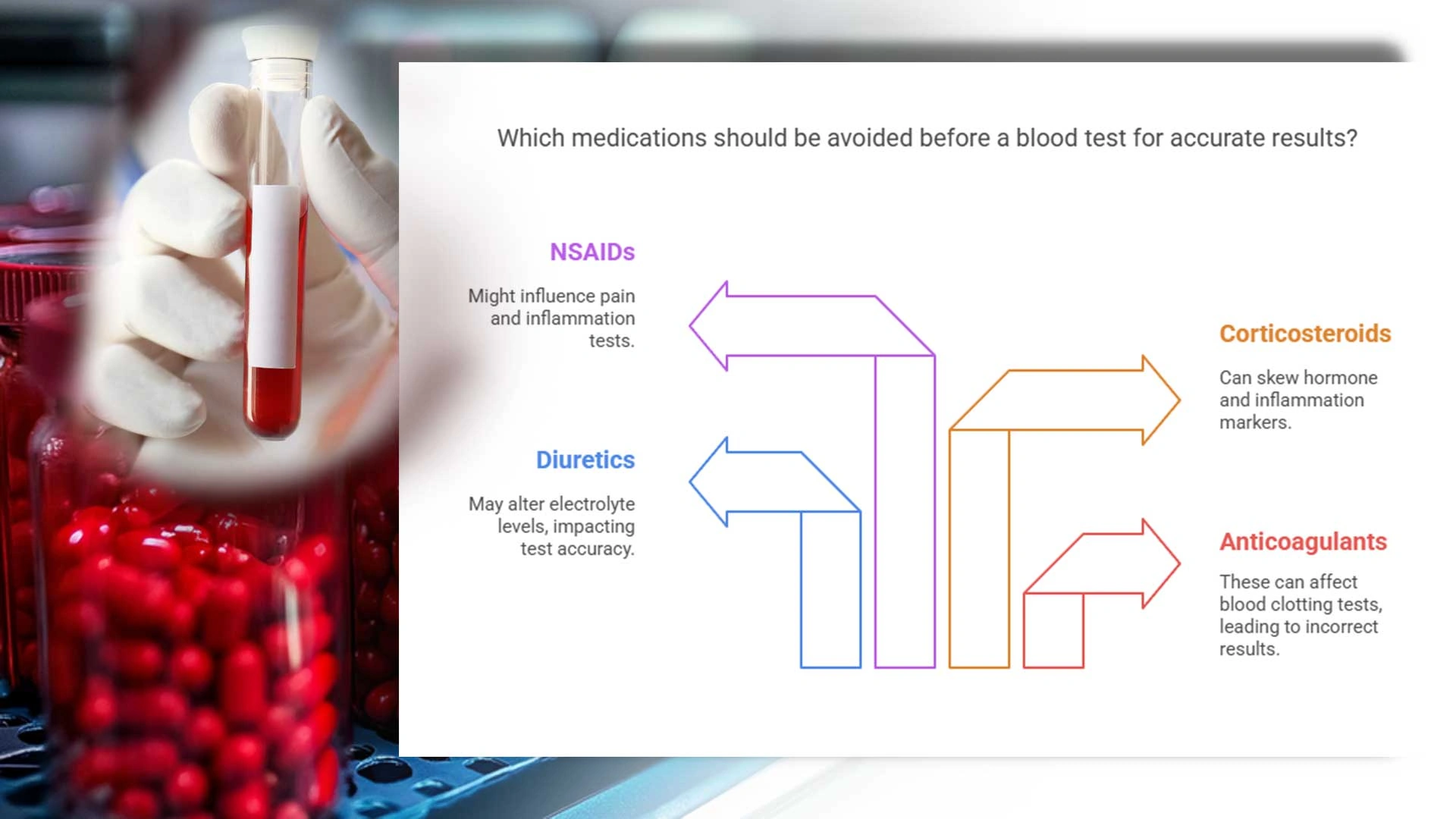

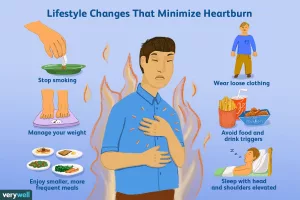
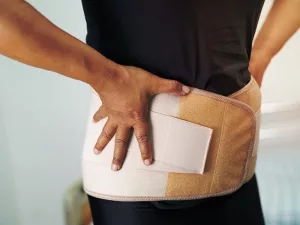
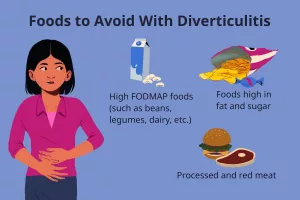
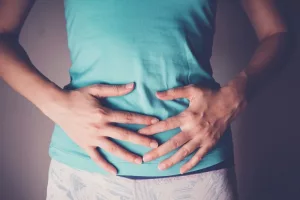



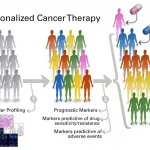

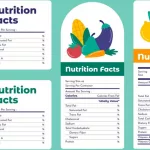

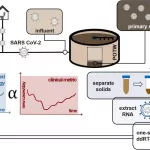
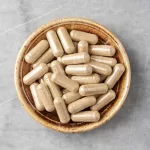
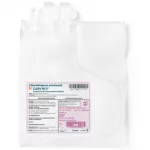



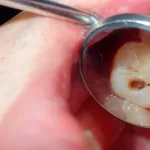
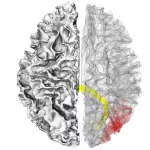
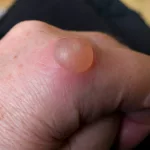


Leave a Reply
You must be logged in to post a comment.